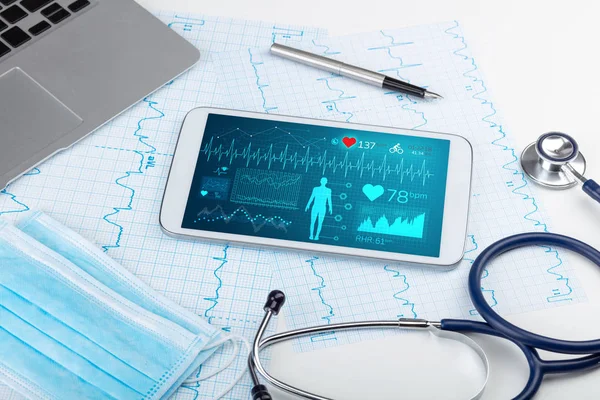In today’s modern world, vaccinations play a crucial role in protecting children from serious and potentially life-threatening diseases. Despite some controversy surrounding vaccinations, the overwhelming consensus among healthcare professionals is that vaccines are safe and effective in preventing a wide range of illnesses. In this article, we will explore the importance of vaccinations for children’s health and why parents should prioritize getting their kids vaccinated.
The Science Behind Vaccinations
Vaccines work by stimulating the immune system to produce antibodies against specific diseases. By introducing a small, weakened form of a virus or bacteria into the body, vaccines train the immune system to recognize and attack these pathogens in the future. This means that when a child is exposed to a disease, their body is already equipped to fight it off, reducing the severity of the illness and the likelihood of complications.
The Benefits of Vaccinations
There are numerous benefits to vaccinating children, both on an individual and societal level. Vaccines not only protect the vaccinated child from getting sick but also help to prevent the spread of disease to others. This concept, known as herd immunity, is especially important for vulnerable populations who may not be able to receive vaccines, such as infants, elderly individuals, or those with compromised immune systems.
Furthermore, vaccinations have been instrumental in eradicating deadly diseases such as smallpox and greatly reducing the prevalence of others like polio and measles. By getting your child vaccinated, you are not only protecting their health but also contributing to the greater good by helping to eliminate diseases that can have devastating consequences.
Common Vaccines for Children
There are several vaccines that are recommended for children, starting from infancy through adolescence. Some of the most common vaccines include:
MMR (measles, mumps, rubella): Protects against three highly contagious diseases that can lead to serious complications.
DTaP (diphtheria, tetanus, pertussis): Protects against three bacterial infections that can cause severe illness or death.
Hepatitis B: Protects against a viral infection that can lead to liver damage and cancer.
Varicella (chickenpox): Protects against a common childhood illness that can result in severe complications.
HPV (human papillomavirus): Protects against a virus that can cause cervical cancer and other cancers later in life.
Addressing Concerns About Vaccinations
It is natural for parents to have questions or concerns about vaccinating their children, especially with the amount of misinformation circulating on the internet and social media. However, it is important to rely on credible sources of information, such as the Centers for Disease Control and Prevention (CDC) or the World Health Organization (WHO), when making decisions about vaccination.
Studies have consistently shown that vaccines are safe and effective, with the benefits far outweighing any potential risks. Serious side effects from vaccines are extremely rare, and the majority of children experience only mild, temporary reactions like soreness at the injection site or a low-grade fever.
Conclusion
Overall, vaccinations are a crucial component of protecting children’s health and well-being. By following the recommended vaccine schedule and ensuring that your child is up to date on their immunizations, you are not only safeguarding their health but also helping to create a safer and healthier community for everyone.
Remember, when it comes to vaccinations, prevention is always better than cure. So talk to your healthcare provider today about how you can ensure that your child is fully protected against preventable diseases through vaccinations.

